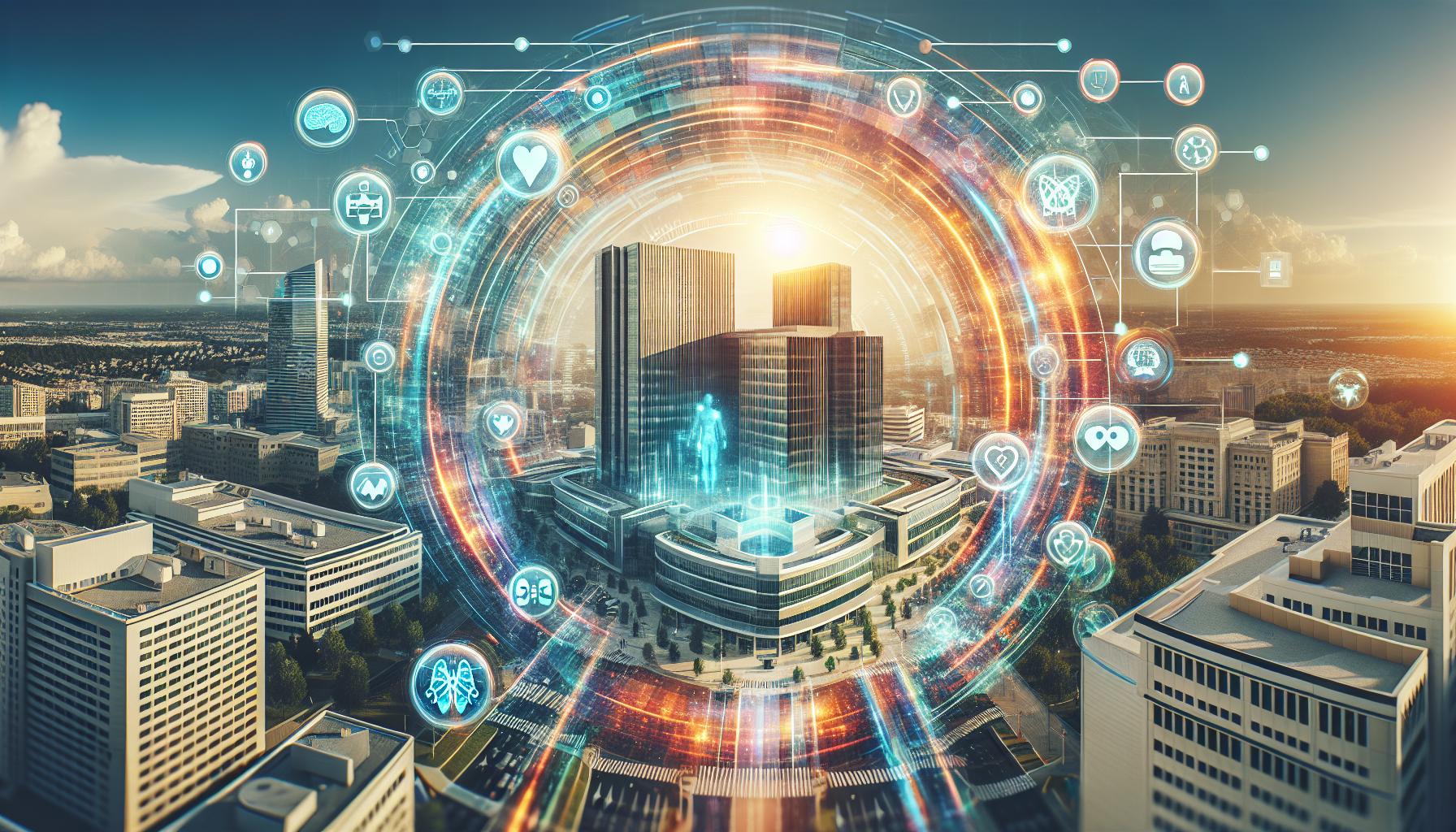AI Revolutionizing Emergency Room Efficiency
Recent research by Johns Hopkins University highlights the transformative potential of artificial intelligence (AI) in emergency rooms (ERs). By actively reducing patient wait times, AI is proving to be an invaluable tool in delivering faster and more efficient care, especially for those presenting with urgent symptoms such as chest pain.
Understanding the Study
Every year, approximately 9 million individuals visit ERs fearing they are having a heart attack. While a significant number do have serious health issues, most do not. To address this, Johns Hopkins researchers evaluated an AI triage system over a six-month period, comparing it to traditional methods.
Impact of AI on Patient Care
The findings were notable, revealing a substantial decrease in the time taken for patients to receive definitive treatment. Traditionally, patients spent about 14 hours before receiving critical care. However, with AI integration, this time was reduced by approximately 2.5 hours. This advancement not only accelerates patient care but also potentially improves health outcomes.
How AI Makes a Difference
AI assists ER staff by swiftly analyzing patient data, helping identify those at greatest risk. It processes vast amounts of information quickly, something that might take medical professionals much longer, ensuring that those who need urgent care are prioritized.
Broader Implications for Healthcare
The adoption of AI in healthcare settings is becoming more widespread, offering a glimpse into the future of medical innovation. By optimizing care delivery, AI can enhance patient experiences and outcomes, paving the way for a more responsive healthcare system.
This promising development signifies a step forward in leveraging technology to address the complexities of modern healthcare, ensuring that advancements benefit both medical professionals and patients alike.













